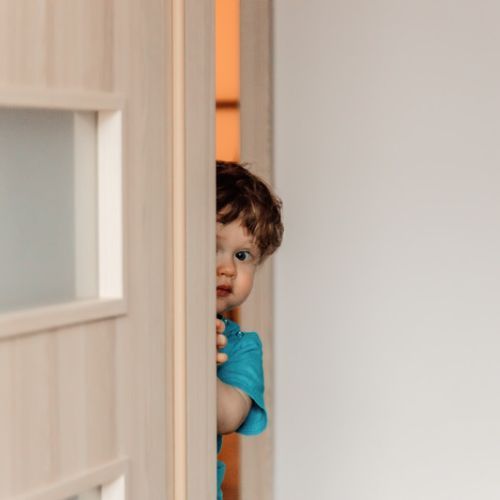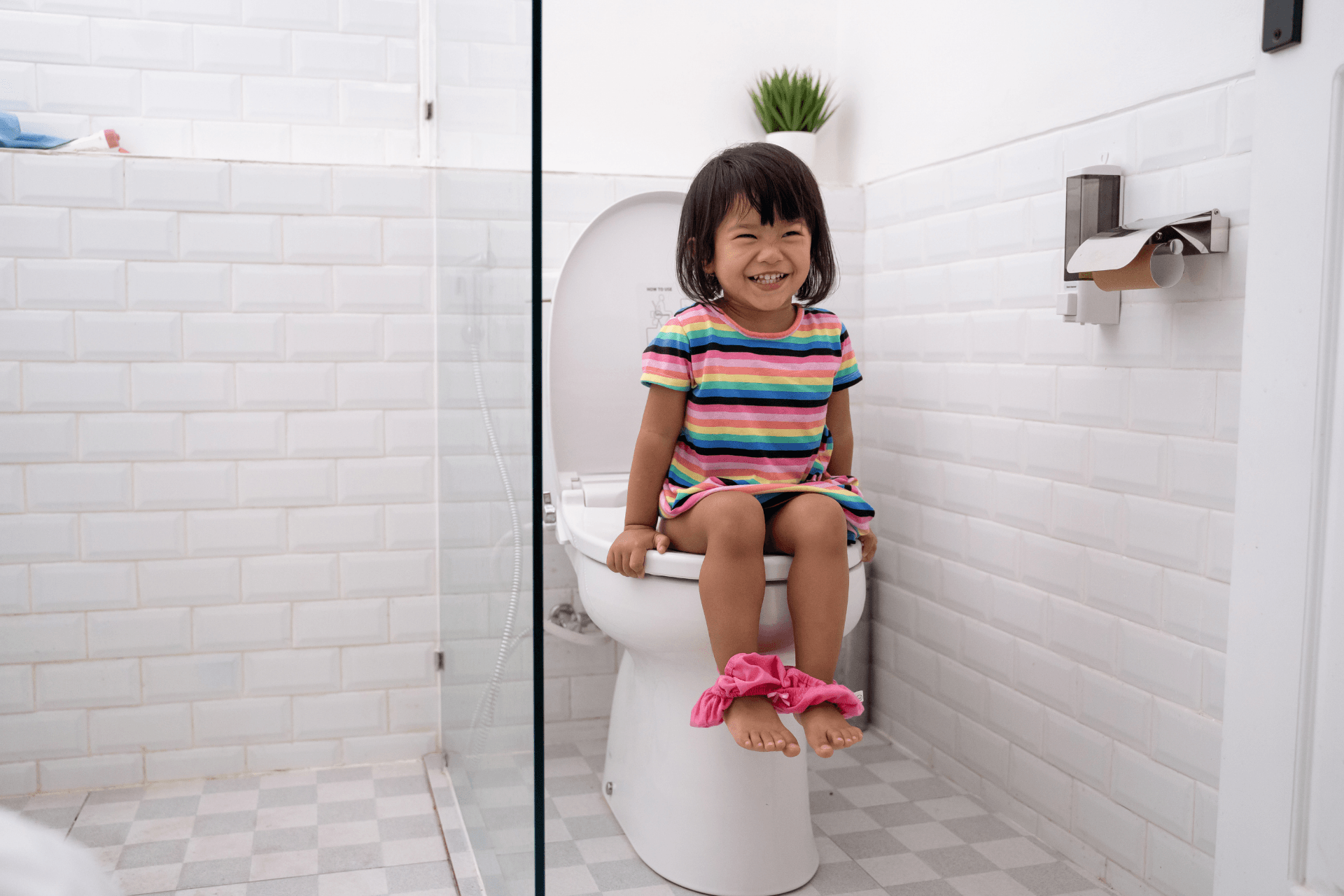
Many children experience constipation throughout their childhood, but by encouraging them to develop good toilet habits, eat a healthy diet and drink adequate fluid – you can help them keep those painful poos away.
Kids constipation?
Constipation is when your child has hard poo or when your child doesn’t go to the toilet regularly. Your child may be experiencing chronic constipation if they are doing less than 3 poos per week, doing large poos, are refusing to go to the toilet, or doing a poo becomes painful for them.
Signs and symptoms?
- Is your child having stomach cramps that come and go?
- Do they look more bloated than normal in their tummy?
- Are they refusing to sit on the toilet and are holding on?
Contributing factors?
- Fear and anxiety around going to the toilet, especially if they are told to hold and wait when they are at pre-school or school.
- Not having enough fruit, vegetables, water and dietary fibre in their diet, particularly if they a fussy eater
How you can help your child?
- Encourage your child to sit on the toilet regularly throughout the day for a few minutes after each meal
- Give your child praise for sitting on the toilet, even if they don’t poo
- Use age-appropriate rewards, stickers, star charts or other options to reinforce good toilet habits
- Providing plenty of fresh fruit and vegetables in their diet for fibre and adequate water will help
- Be aware that changes to their routine like having to use pre-school/school toilets or having to hold on when they are at pre-school /school can trigger constipation
We encourage you to seek help if your child is experiencing chronic constipation, is in significant pain, and if you have tried some simple diet and habit changes without seeing an improvement. Some children with additional medical concerns may need help to manage constipation.
How we can help?
Physiotherapy help with constipation in kids?
Our physiotherapists can provide you and your child with an individualized assessment and suggest treatments that may include:
- Getting you to complete a bowel diary for them to work a personal plan for them
- Toilet training advice, including regular scheduled sits and signs that your child needs to go to the toilet.
- Advice and tips to maintain a healthy diet to minimize pain from constipation
- Recommendations of medications that may be suitable depending on age
More Information
Find out more information









